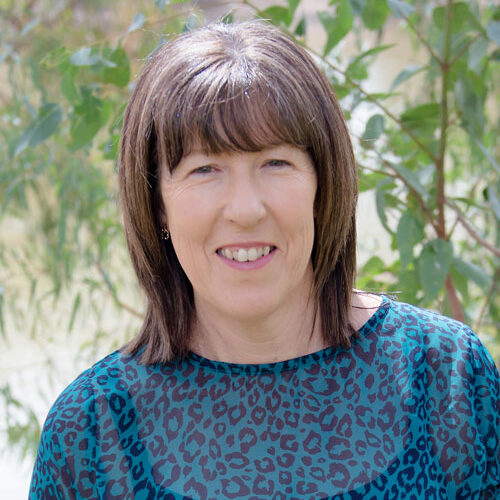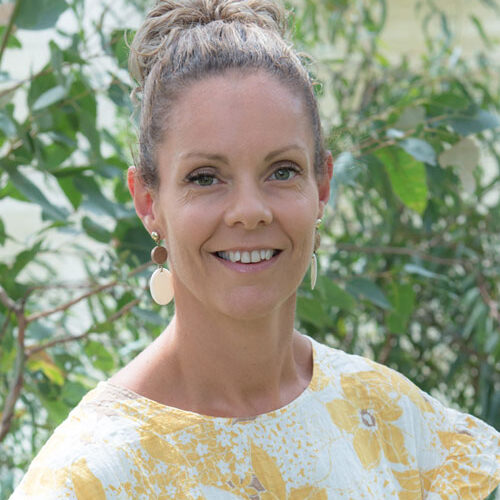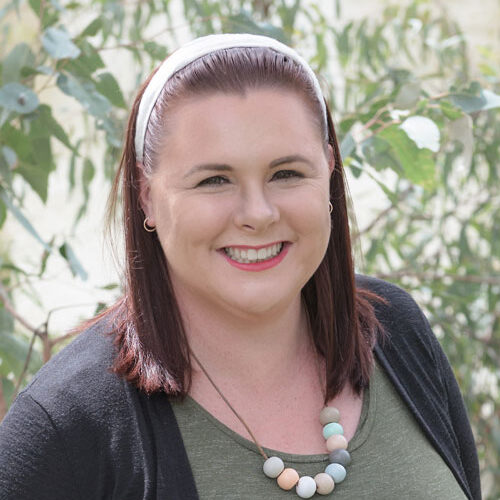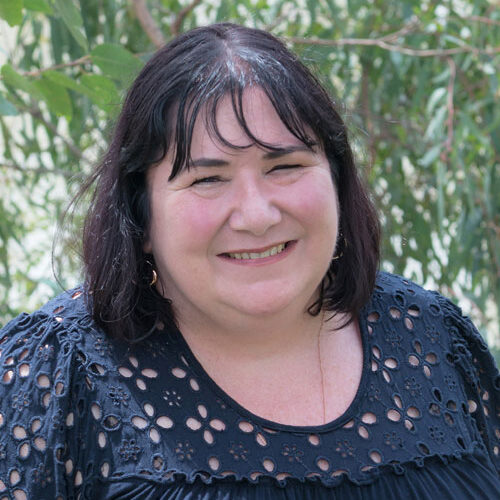What is The Role of an Executor in Estate Planning?

If you’ve worked hard to build up your assets, you understand how important it is to plan for the future. After all, you might have a business, investments, property, or other valuable or special items to consider. And you need someone you know and trust to take care of everything you’ve worked hard for when the inevitable happens.
That’s where estate planning comes in, and one important element is to appoint an executor and name them in your Will. This ensures that your wishes are followed and everything is taken care of according to your plans.
What is an executor?
An executor is a person (or people) you name in your Will to fulfil your wishes. They’re responsible for following the instructions in your Will and for settling your affairs.
That’s why having a say in who takes on this responsibility is important. It is a crucial decision and shouldn’t be left to chance.
What does the executor do?
When someone passes away, the executor’s role is to make sure everything is taken care of. This includes managing and finalising different aspects of the person’s life, such as:
- Finding the Will and keeping beneficiaries up to date
- Organising the funeral according to instructions in the Will or the family’s wishes Obtaining a death certificate
- Notifying relevant parties, such as employers and banks
- Listing the assets and making sure the property is secure
- Applying for probate.
There are also financial tasks involved, including:
- Setting up an estate bank account
- Identifying trust accounts, shares, property deeds and overseas assets
- Identifying debts
- Preparing estate accounts and tax information
- Collecting and distributing assets.
Knowing what needs to be done and when is tricky and can add stress to an already difficult time. That’s why enlisting a lawyer’s expertise to support the executor ensures the role is carried out legally and all processes are followed correctly.
How do I choose an executor?
Choosing the right person to be your executor can be easy, but it might not always be straightforward. Some people might already know who would be perfect for the job. They might choose their spouse or partner, adult children, siblings or trusted friends.
However, everyone’s situation is different, and you might not know who to trust to do this. When choosing an executor, there are a few things to remember.
The person must be over 18 and capable of performing the role. Ideally, they should be a good communicator, well-organised, and understand money matters and business.
Consider naming alternate executors to take over if the first executor can’t fulfil the role. That way, you can be sure that someone you trust will take care of everything.
Some things to consider when choosing an executor are:
- Age and health – Will the person be able to perform the role when the time comes?
- Family matters – Will the executors work together to fulfil your wishes?
- The estate – Are your assets fairly straightforward or complex? For complex assets, professional executors should be considered.
If no one in your life is suitable or you prefer a professional to take on the role, you can always choose a lawyer or other professional as your executor. This can help reduce the strain on your family in an already difficult time.
What are the responsibilities and liabilities of an executor?
The executor is responsible for identifying your assets, ensuring your debts are paid and that beneficiaries receive their inheritance.
They’ll also need to apply for probate, which involves obtaining a court’s confirmation on who has died, who is authorised to manage the estate and which document is the most recent Will. Granted probate allows banks and other organisations to take instructions from the executor, allowing them to deal with the person’s assets according to the Will.
It’s important to note that the executor has a responsibility to the deceased person and can’t act in their own best interests. If they fail to carry out their duties correctly, they can be held personally liable, even if it's by accident. This could include failing to identify your estate’s assets, not paying the necessary taxes or delaying the estate settlement.
These are just some of the reasons why you should choose a capable, trustworthy and responsible executor. Fortunately, with the guidance of an experienced lawyer, you can ensure that your executor understands their responsibilities and liabilities and that your estate is handled following your wishes.
Need help in ensuring your wishes are followed according to your plans?
Choosing an executor for your estate plan is a decision that requires careful consideration. If you're ready to take the next step in your estate planning journey, our accredited Wills and Estates specialist at Joliman Lawyers will work with you to ensure your wishes are met. Contact us today to schedule a consultation and take the first step toward protecting your legacy.
















